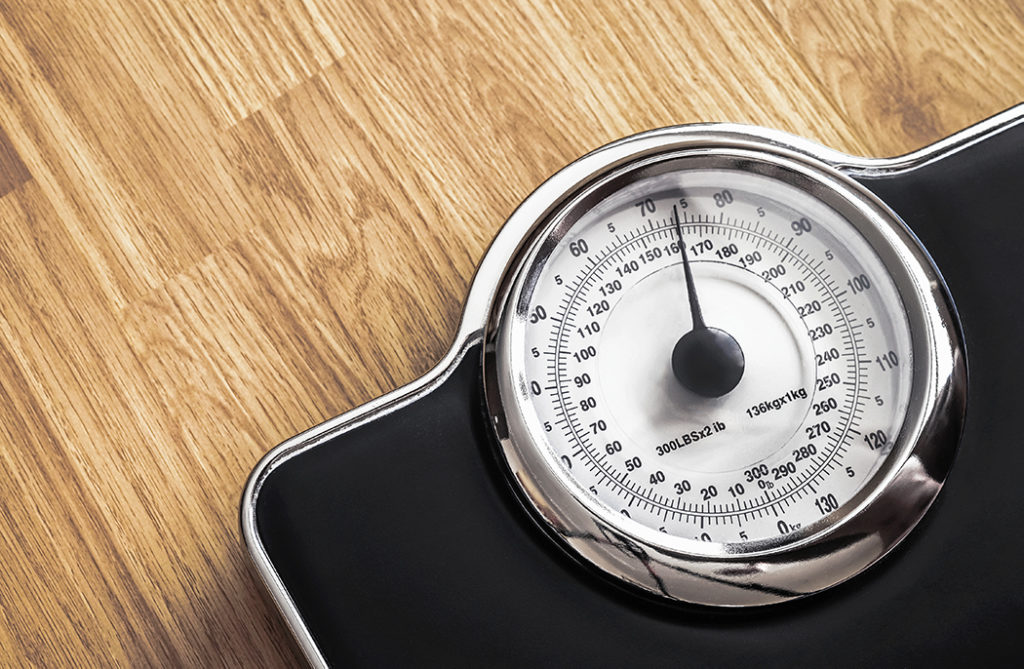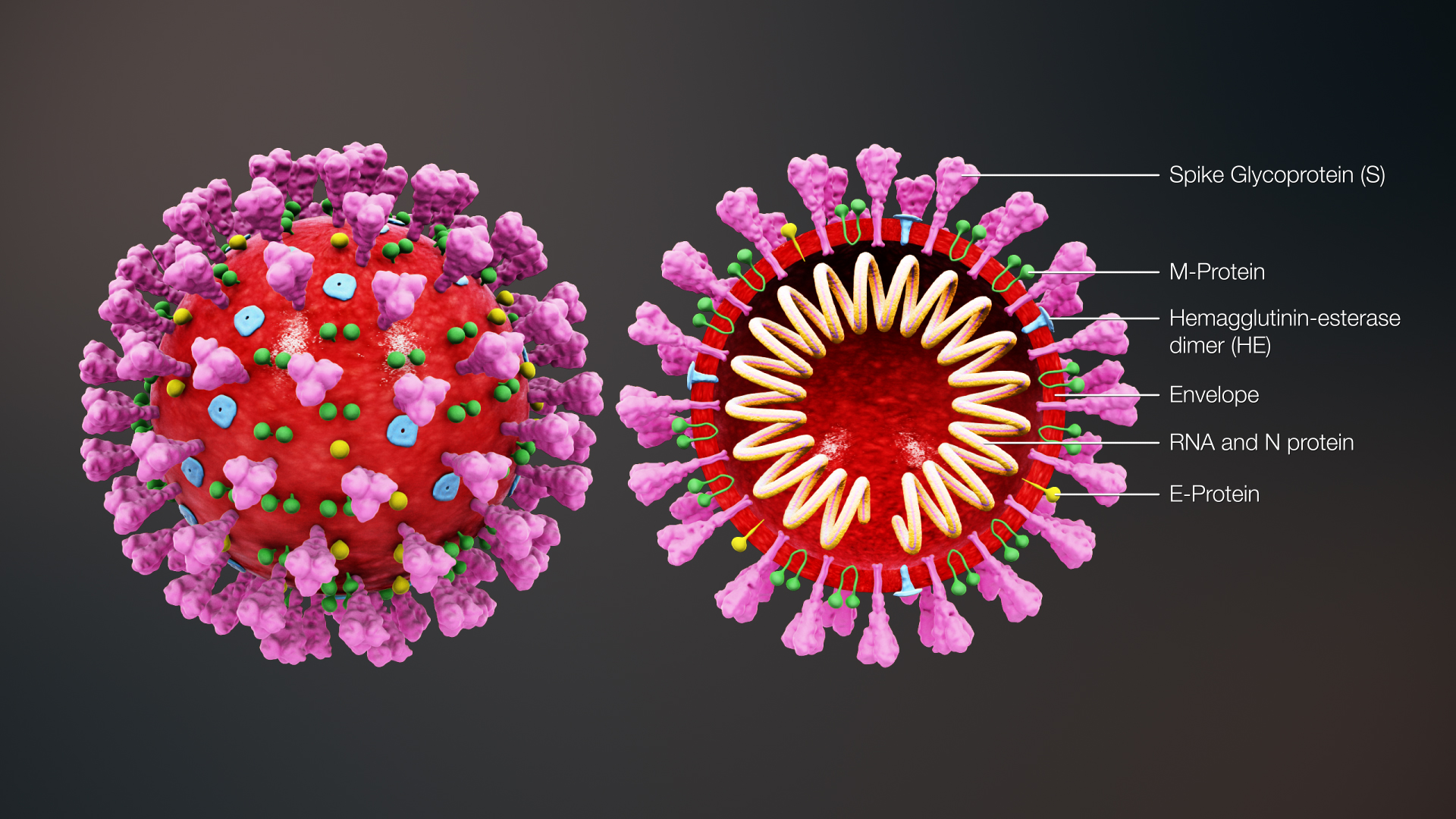Many people have an ideal weight in mind when they start a weight loss program. Perhaps you want to fit into a certain dress size, or maybe you’re hoping to weigh as much as you did on your wedding day. Is your ideal weight a realistic, attainable goal? Before you start planning how you’re going to lose weight, consider exactly how much weight you want, or need, to lose.
Your Weight “Set Point”
Your body naturally regulates itself to maintain a weight within a 10 to 20 percent range. This is known as your “set point.” Your body uses a combination of hormones, chemicals, and hunger signals to help you stay within this weight range. If you overeat, that natural regulatory system can get overloaded and actually increase your set point to a higher level. Similarly, changing your diet and exercise habits can lower your natural set point, although it is more difficult to lower your set point than raise it.
Lowering Your Set Point: 10% Weight Loss
Experts suggest that you avoid losing weight too quickly. A sudden change in weight can cause your body to rebel in an attempt to keep you within your set point. For example, hormones like ghrelin may spike to make you hungrier.
Instead of focusing on reaching and maintaining your ideal weight, experts suggest you focus first on losing just 10 percent of your total body weight. Once you’ve reached that initial goal, work to maintain your new weight for a few months. This will give your body a chance to create a new, lower set point, which will make it easier for you to keep off the pounds you’ve already lost.
Losing 10% Makes A Difference
You can be healthy and happy without reaching your ideal weight. Losing just 10 percent of your body weight is often enough to lower blood pressure, blood cholesterol, and blood sugar and reduce your risk for heart disease. Many people report that losing 10 percent was enough to make them feel better, sleep better, and have more energy. It will also make you more likely to succeed when you start working toward your next 10 percent weight loss goal.
How much weight should you lose?
When you’re starting a weight loss plan, it’s important to set realistic goals for how much weight you’re hoping to lose. Many people tend to overestimate how much weight they can – and should – lose, which can lead to frustration when they fail to meet those goals.
- Think about a weight you were able to maintain fairly easily as an adult.
- Consider focusing on losing just 10 percent of your current body weight.
It’s important to understand that setting goals that are actually attainable greatly increases the chances of you losing weight. You also have a better chance of keeping the weight off for a long period of time. Once you’ve reached your initial goals, you can always reevaluate and set new goals for yourself after you’ve had time to adjust to your new lifestyle.
Ignore the weight, focus on the way
Instead of focusing on how much weight you want to lose, try setting goals based on changing your behaviors. Behavior goals, like eating more fruits and vegetables or getting 30 minutes of exercise every day, are easier to accomplish and will make you feel better about your success. The better you feel, the easier it is to stick to your goals in the long run.







